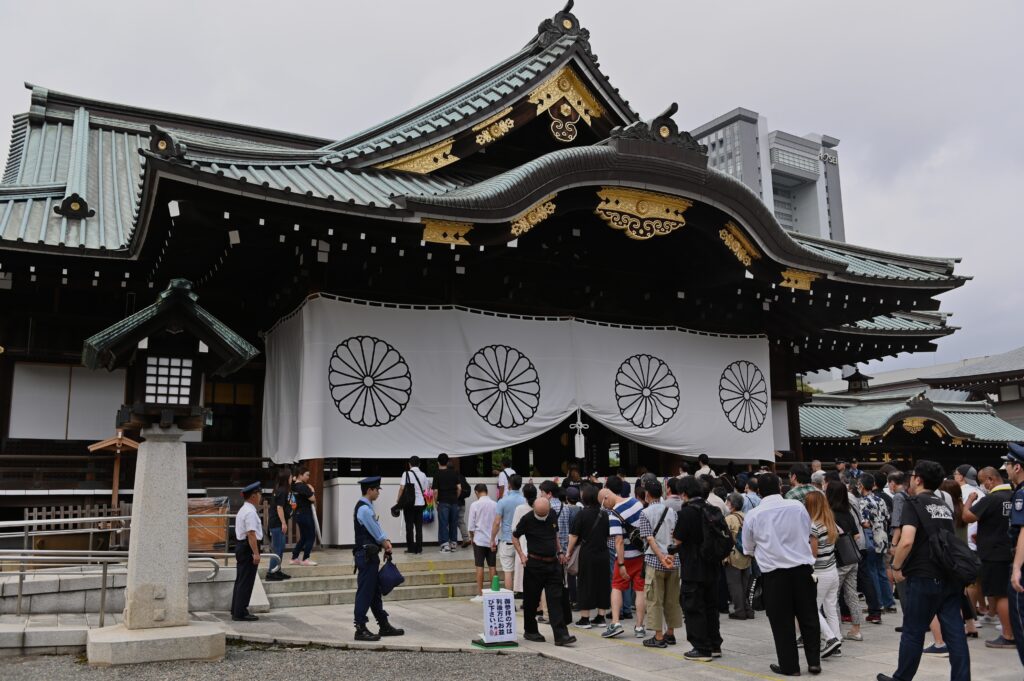
- ARAB NEWS
- 20 Aug 2025

TOKYO: A total of 2.4 million Japanese people are believed to have died overseas during World War II, and the remains of 1.12 million of them have not been brought back to Japan.
Those of 1.28 million were brought home by then Japanese troops or recovered through the Japanese government’s remains recovery project, according to the welfare ministry.
Of the 1.12 million sets of remains still overseas, 590,000 are considered recoverable, while 300,000 are believed to have sunk at sea and 230,000 others are difficult to return home due to the situations in the countries where the remains are located.
The government project was launched in fiscal 1952, and has so far recovered 340,000 sets of remains.
In 2016, a law stipulating for the first time that the recovery of such remains is a duty of the state was put into force. The nine years until fiscal 2024 were designated as an intensive period for the recovery project.
The project, however, has been suspended since fiscal 2020 due to the COVID-19 pandemic and Russia’s invasion of Ukraine. In light of the suspension, Japan’s cabinet last month approved an extension of the intensive period by five years.
In 2019, it was discovered that some remains brought back to Japan were those of non-Japanese. Re-examinations of DNA samples from 597 sets of remains collected in Siberia revealed that about 70 pct of them were likely not Japanese.
In July 2020, the welfare ministry set up a center tasked with conducting scientific analysis to identify remains returned to Japan. A branch of the center was established in September 2022 to conduct DNA examinations.
The move resulted in a 1.5-fold increase in DNA examinations from when the work was outsourced. The ministry now aims to conduct DNA examinations on 3,600 sets of remains over three years.
“As we take seriously the fact that the families of the war dead are getting older, we will do everything we can to return as many remains as possible to the families as soon as possible,” welfare minister Katsunobu Kato said.
JIJI Press